They came, fought and conquered . . . and, after a decade of success stories, all the newboys collapsed
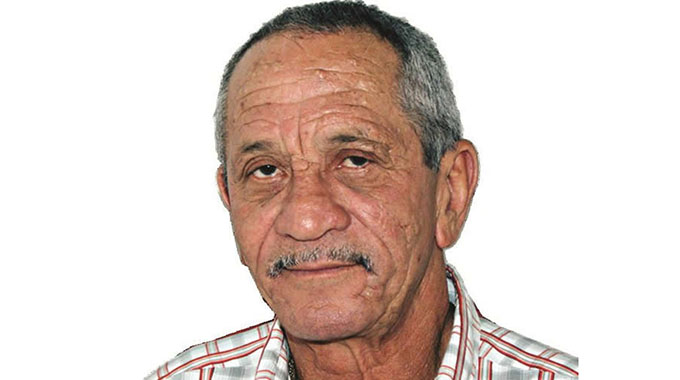
Robson Sharuko
Senior Sports Editor
IT was the golden decade of the Cinderella football clubs, owned by individuals and, for seven years, they shook the establishment by winning the league championship six times.
A member of those clubs also finished as runners-up in the marathon.
While CAPS United were an established side, the others were newboys — powered by the riches and ambitions of their football-loving owners — desperate to leave a mark in the game.
Five of those lightweights — Amazulu, Gunners, Monomotapa, Lengthens and Motor Action — even represented the country in the CAF Champions League and Confederation Cup tournaments.
Having been formed largely as a social club, Lengthens, owned by a group of businessmen led by Beadle Musa Gwasira, transformed themselves into participants in CAF competitions by winning the BancABC Cup in 2009.
And, amazingly, Gunners beat Africa’s greatest football club, Al Ahly of Egypt, 1-0 at Rufaro on March 20, 2010, with Norman Maroto scoring the priceless goal.
Monomotapa, owned by businessmen Solomon Mugavazi and Lysias Sibanda, eliminated Ivorian giants ASEC Mimosas, in the second round, of the 2009 CAF Champions League by beating the West Africans 2-0 at Rufaro.
And, to show it wasn’t a fluke result, they went on to beat Tunisian giants, Etoile du Sahel 2-1, in a Group B match at Rufaro courtesy of goals from Daniel Kamunhenga and Darryl Nyandoro.
But, it’s a wild party that rocked while it lasted and, after just a decade, it was all over for all the lightweights.
The glow of the shooting stars, like the name of one of those Premiership newboys who emerged during that decade, faded and disappeared on the horizon.
The establishment, represented by Dynamos, Highlanders and CAPS United, remain in the trenches.
And, where they were tormented by the rich new kids on the bloc, during that decade, they now have to battle the Money Bags backed by corporate giants.
FC Platinum, whose roots are in giant mining company Mimosa before the club transformed itself into a private firm that takes care of its interests, have won the last three league titles.
Chicken Inn, who are bankrolled by fast food conglomerate, Innscor, won the league championship in 2015.
CAPS United are the only one of the traditional Big Three who have managed to win the league title, in the past five years.
Herentals, who have been fighting for the right to remain in the Premiership, are the other club, owned by an individual, who remain on the top-flight football landscape.
In an era of the high costs, associated with the running a football club in this country, the age of the romance associated with owning one, which reached a peak between 2003 and 2013, appear to have passed.

Cuthbert Chitima
Back then, it was their party, their era, and only Highlanders (2006) and Dynamos (2007) found a way to stem the tide of these ambitious challengers owned by individuals.
“It was a beautiful time for us, just taking on the big boys and beating them provided the kind of satisfaction which only football can,” said Lewis Matindife, who was the chairman of Shooting Stars.
“Of course, there was always the reality that it was a very expensive adventure given that here in Zimbabwe you don’t get anything, in terms of real financial returns, from sponsoring football.
“Even if you win the league, the prize money, compared to the expenses you would have incurred, is miles apart and won’t even sustain you to run the club for just a month.
“But, I guess, we were driven by our love for the game and we sacrificed a lot, not only us, but all the other clubs that were owned by individuals.
“It was fashionable, I guess, during that time with people like Roman Abramovich taking over at Chelsea but the difference was always in the fact that, in our case, it became an exercise of just spending money and getting nothing in return.
“When that happens, it gets to a point where there is nothing more to spend and it catches up with you and the team eventually collapses.
“Even at an established giant like CAPS United we have seen the challenges they face and I think they would have been champions last year if they didn’t have those in-house issues where players lost focus, towards the end, as they demanded their dues.
“It’s not easy at all and, in this tough economic environment, I sometimes wonder how they even survive for a month and one has to take a bow to all those who are still using their money to run football clubs in this country because it’s a nightmare.”
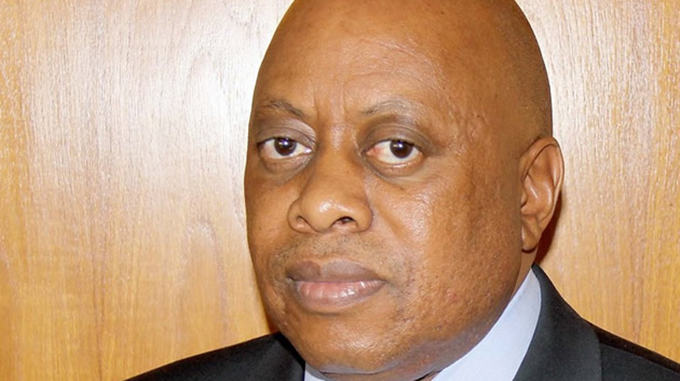
Delma Lupepe
Yet, from 2003 to 2010, it was fashionable and they made the old guard feel the heat.
Amazulu started the party by being crowned champions in 2003, finally finding a way to end Highlanders’ dominance in which Bosso had won four straight league titles at the turn of the millennium.
Usuthu, bankrolled by businessman Delma Lupepe, finished a point clear of Bosso with Dynamos in third place, on 48 points.
The Green Machine then won back-to-back titles in 2004 and 2005, under Charles Mhlauri, with their title defence going into the final weekend where they edged Masvingo United in a thriller.
Had Yuna Yuna beaten Dynamos at Mucheke, on that Super Sunday, instead of losing 1-2, they would have been crowned champions.
DeMbare restored the old order by winning the championship in 2007 but, that they had waited 10 years for it — the longest barren in their history without the league title — was a reminder things had changed.
Monomotapa fought back, in 2008, for the lightweight challengers by beating DeMbare to the league title, finishing two points clear of the Glamour Boys.
Gunners, owned by youthful businessmen Cuthbert Chitima and Sweeney Mushonga, made it a double for these fiery newboys by edging DeMbare for the league title in 2009. And, Motor Action, owned by the late Eric Rosen, completed a treble for them by, again, beating the Glamour Boys to the league championship in 2010 on goal difference.
However, that success story also marked the end of an era for these challengers.
Three years later, in 2013, exactly 10 years after Amazulu had started the party in 2003, all the lightweight challengers, who had transformed themselves into champions, were gone.
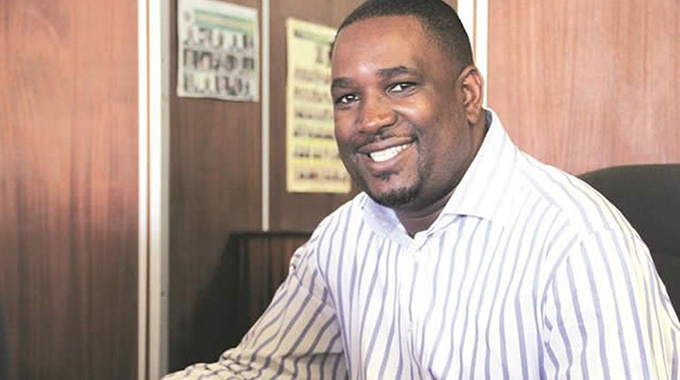
Beadle Musa Gwasira
Usuthu didn’t last long, after their finest hour, as they collapsed in the wake of their relegation in 2005, going down alongside two other clubs bankrolled by individuals — Njube Sundowns and Eiffel Wildcats.
The 34 points which took them down, triggering their collapse, was the same tally that also took Gunners down in 2012, also triggering the club’s collapse.
A club, which two years earlier had beaten Africa’s Club of the Century, Al Ahly of Cairo, could only win 10 of their league matches and were relegated after finishing 13th.
From having dinner with the Egyptian giants, just two years earlier, they now had some queer clubs for company, as they went down, and out, in 2012 — Quelaton, Hardbody and Blue Rangers.
Monomotapa lasted for another season, and went down, and out, in 2013 after winning just six of their 30 league games of the campaign.
They also had the Mighty Bulls, for company, as Motor Action were also relegated that year after winning just three of their 30 league matches.
Surely, the party was over.


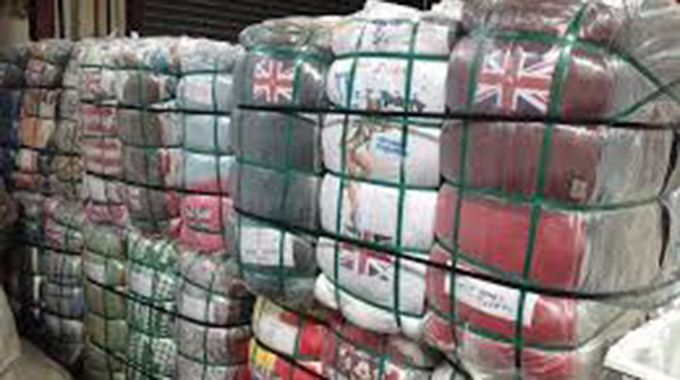


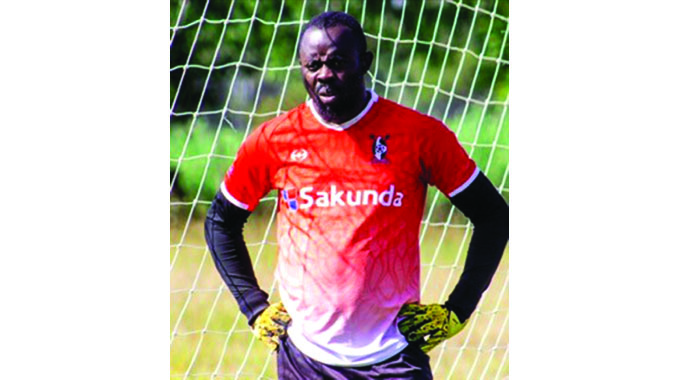


Comments